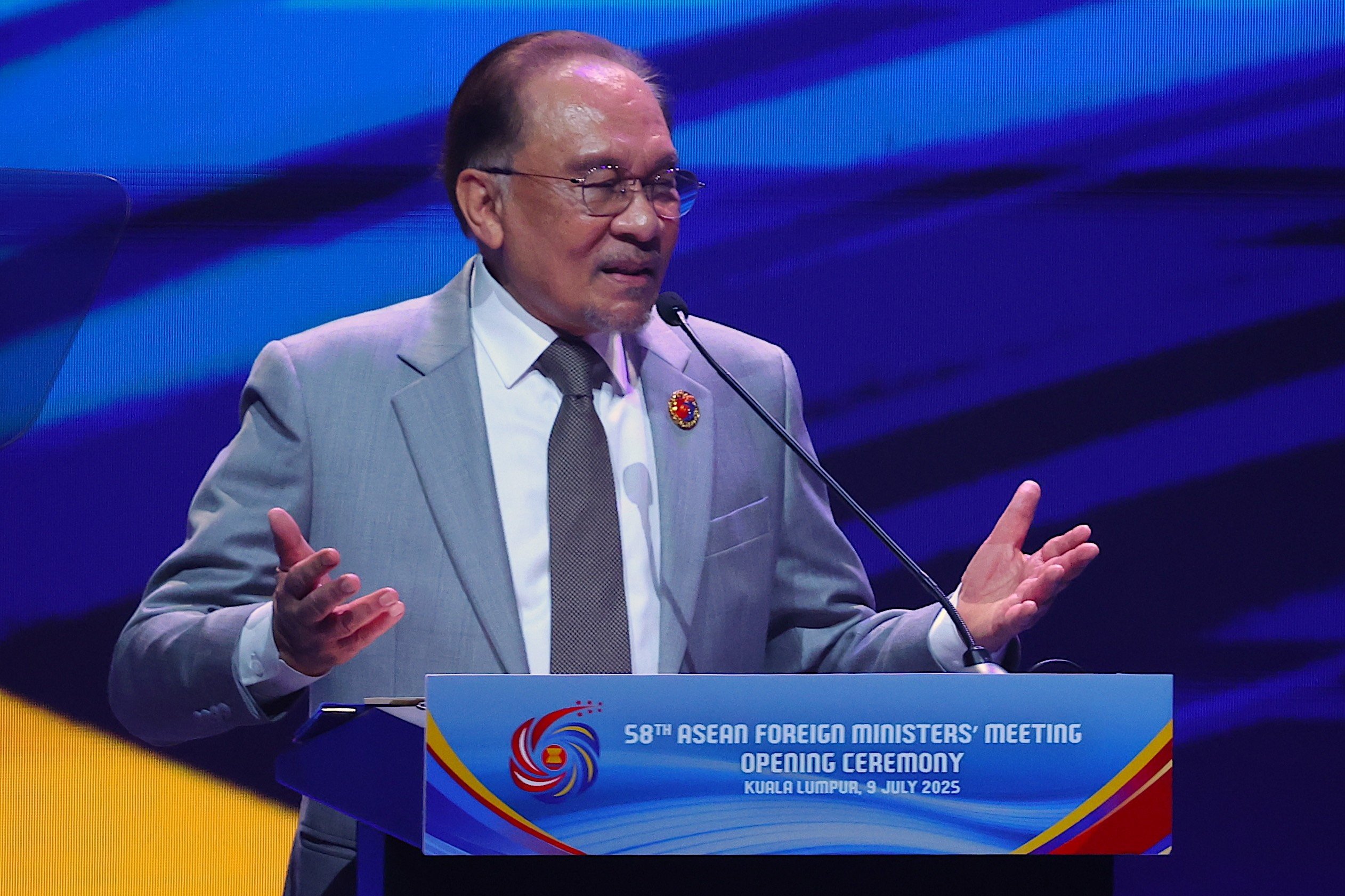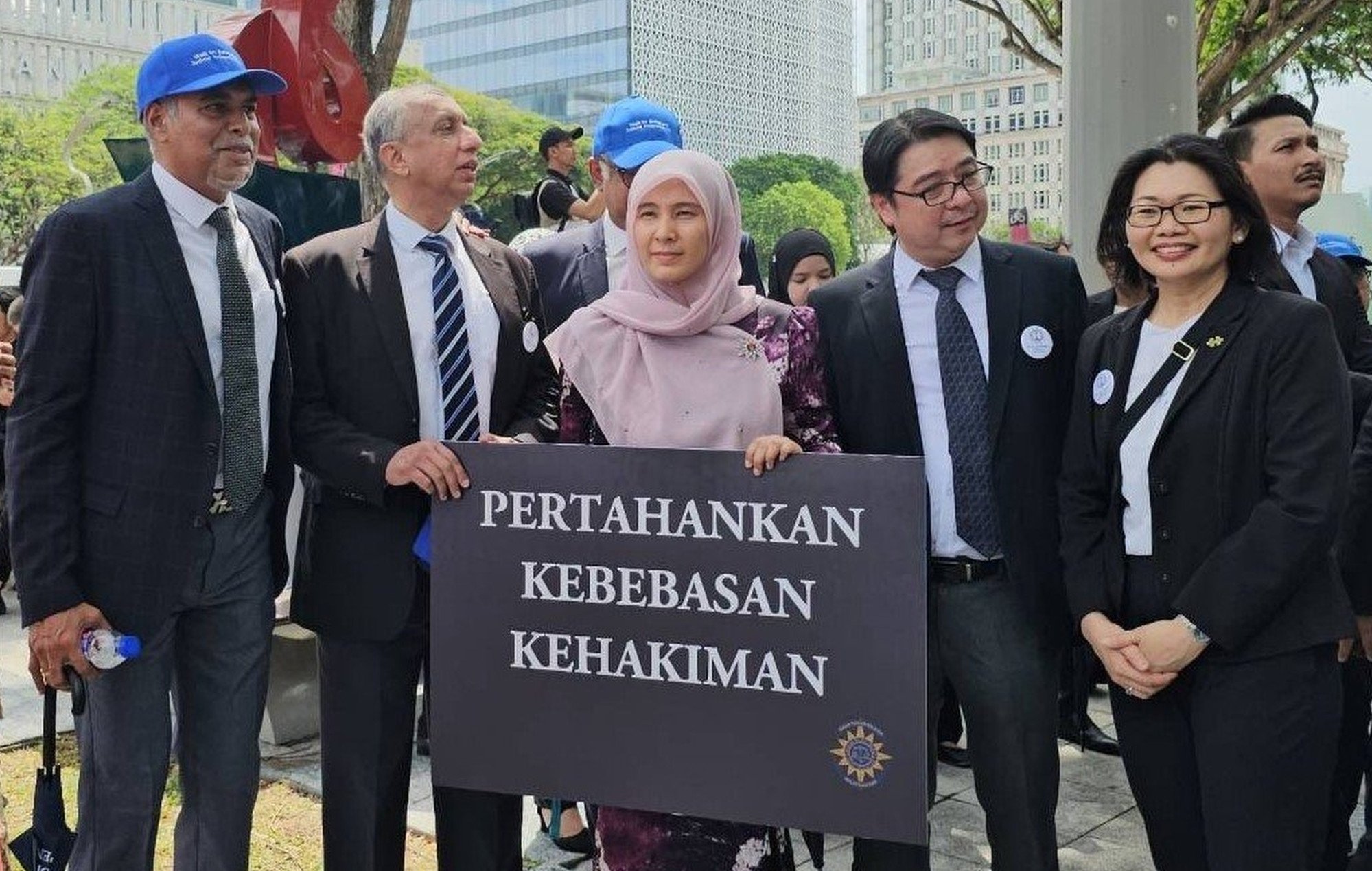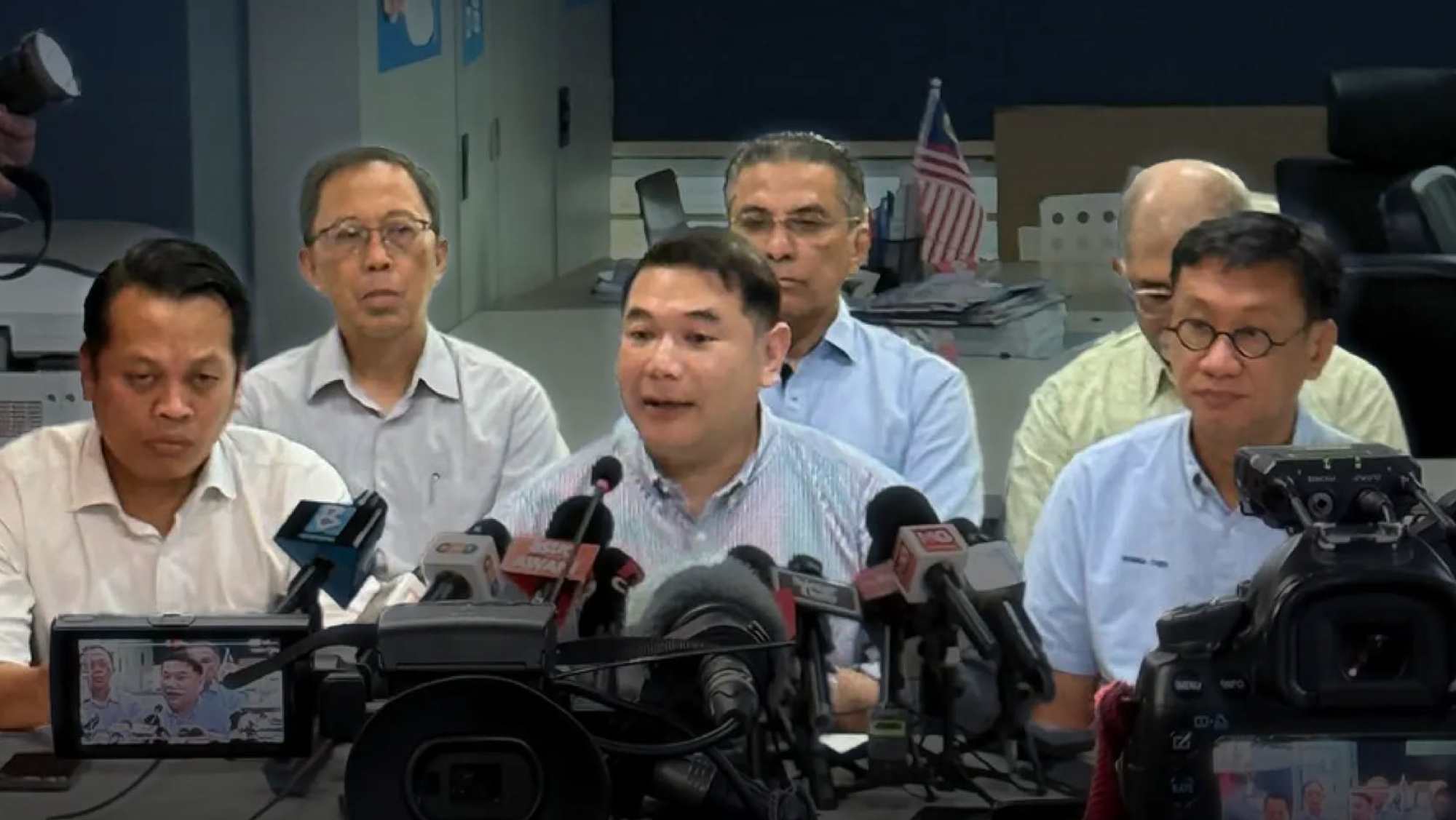Malaysian lawyers’ march a marker of falling public trust in Anwar
Greater transparency could go a long way in restoring Malaysians’ belief in their prime minister

Scrolling through TikTok one evening, I came across a short clip of American comedian Ron Funches asking an audience member why they believed the government had a perfect track record.
“Our government is placed in charge of all of its people. I’m a father placed in charge of just one son. And I lie to that … all the time,” he said, using a term from African-American vernacular that he can say but I cannot.
Funches’ delivery was biting, but his point resonated – particularly for those of us in Malaysia today.
Midway through Prime Minister Anwar Ibrahim’s first term, his government is confronting a crisis of confidence, steeped in a succession of controversies and unpopular policies that the public and critics say are inconsistent with the leader’s earlier promises of reform and lower living costs.

The latest issue to capture the public’s attention is the alleged interference by the executive arm of government in the appointment of senior judges, which triggered a march by the country’s lawyers on Monday.
The controversy follows the recent retirements of chief justice Tengku Maimun Tuan Mat and Court of Appeal president Abang Iskandar Abang Hashim, both of whom stepped down without receiving the customary six-month extensions. With several more top judges due to retire by year’s end, concerns have mounted over a leadership vacuum and the potential for politicised appointments.
The march, which saw nearly 1,000 besuited lawyers trudge through the afternoon heat to present a memorandum to the prime minister’s office, was a significant marker of falling public trust in Anwar’s administration.
It had echoes of a similar rally held nearly 20 years ago. Thousands of members of the Malaysian Bar marched the same route in 2007 seeking judicial reform following a video exposé of a senior lawyer holding a lengthy phone discussion with a top judge to allegedly broker the appointment and promotion of judges.
When lawyers walk, something is wrongAmbiga Sreenevasan, former Malaysian Bar president
Then-president of the Malaysian Bar, Ambiga Sreenevasan, said at the time that “when lawyers walk, something is wrong”.
The 2007 march pressured the government to form a royal commission of inquiry to investigate the allegations, and led to the creation of the Judicial Appointments Commission (JAC) two years later.
Monday’s rally came in defence of that very same commission, demanding urgent reforms and greater transparency in the selection of judges at a time when the country is facing a shortage of senior judges that lawyers have said threatens to erode the integrity of the judiciary.

A day later, the government invited the Bar to take part in a review of how the country appoints its judges – the first time it has acknowledged that there may be a problem with the process after the issue had been stewing in the public domain for weeks.
That is all well and good, but it also raises the question as to why it took the government so long to get to this point.
Unhandled type: inline-plus-widget {“type”:”inline-plus-widget”}
It does not help that leaders in Anwar’s ruling People’s Justice Party (PKR) have repeatedly insisted that there was no judicial crisis, without much in the way of facts or insights to disprove the allegations.
Granted that the contents of discussions by the JAC are considered state secrets, but loudly proclaiming that there is no problem without backing that statement tends to make people believe that there is one.
The fact that PKR deputy president Nurul Izzah – who also happens to be Anwar’s daughter – joined Monday’s march only fed growing public perception of a conspiracy to cover up the alleged scandal in the commission.
It is not to say that the government or its supporters should instead say nothing. What has been lacking is a tight and honest narrative to explain the government’s position in a timely and meaningful way.
In Malaysia, or any other country for that matter, withholding sensitive information not only makes political sense, but in many cases is necessary for national security. That, however, does not give the government a free pass on keeping its people apprised of issues of public interest.